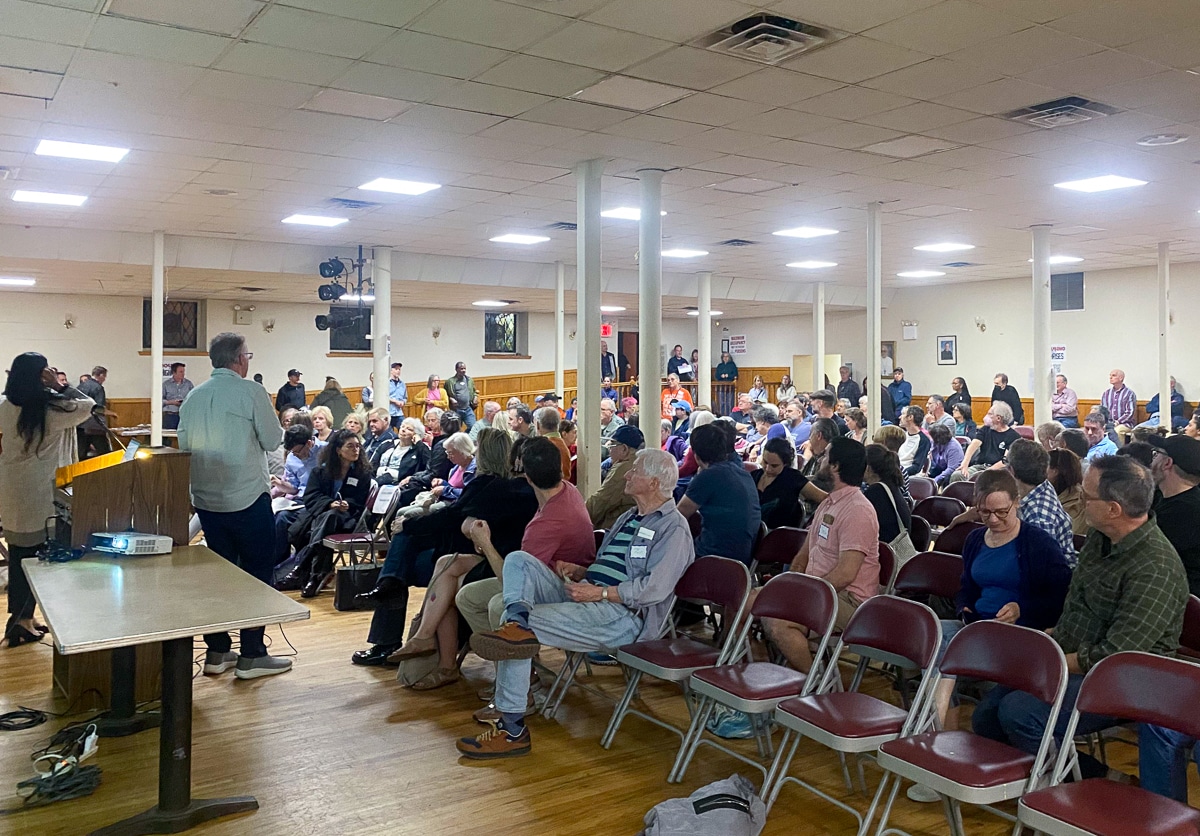Is Getting a Home Loan Becoming Too Easy?
November 16, 2005, Wall Street Journal — Obtaining a mortgage loan used to be an ordeal that involved retrieving reams of tax returns, pay stubs and bank statements. Now, some critics contend, it is becoming a bit too easy, putting everyone from homeowners to certain bond investors at risk. Mortgage lenders have grown much less…
November 16, 2005, Wall Street Journal — Obtaining a mortgage loan used to be an ordeal that involved retrieving reams of tax returns, pay stubs and bank statements. Now, some critics contend, it is becoming a bit too easy, putting everyone from homeowners to certain bond investors at risk. Mortgage lenders have grown much less demanding about the amount of proof borrowers must provide about their earnings and assets. The result is a sharp rise in loans known in the trade as “low-doc” or “no-doc.” These loans, which typically carry slightly higher interest rates, allow borrowers to skip some or all of the traditional requirements for verifying income and assets. The danger is that these loans may allow some borrowers to exaggerate their financial strength and buy houses they really can’t afford. If so, defaults are likely to rise, hurting homeowners, investors in shares of mortgage lenders and holders of securities backed by pools of mortgages.
Is Getta a Home Loan Becoming Too Easy? [Wall Street Journal]









I did an application with HSBC in early March and got preapproved for $650K. Quit my job in Mid April, closed on the House on June 30th and remained unemployed for 7 months. Now I have a 720 credit score, and had a decent amount of savings and have the educational background that allows me to be pretty marketable in the workplace. (today’s my 3rd day back at work) But can you imagine if I was just UNEMPLOYED??? I’m sure there are some folks that are LEVERAGED to their Eyeballs….
Get ready for Forclosures galore.
I went to a mortgage broker. It was so incredibly easy to get approved for a mortgage, and had my pick of the major banks. Maybe a mortgage broker can handle a lot of the paperwork, because I certainly didn’t have to submit reams of paper. It was a snap.
“Wouldn’t the return on the securities backed by those loans reflect the higher underlying risk?”
As the article points out, the differential for no-doc loans is only around 50 to 75 basis points (.5 % to .75%). Nowhere near large enough to justify the risk premium. I have a feeling this will all end badly. Historically periods where risk premiums shrink are followed by busts.
If it is easier to get a mortgage now, it must have once been excrutiatingly difficult. Real Estate is locally peculiar, and those articles always have a national perspective. Maybe it is easier to buy a $200,000 house in Atlanta than it once was, but unless you are buying all cash, any mortgage on a house selling for over $1,000,000 (basically, any house in downtown Brooklyn) gets a second level of paperwork from every bank than does a loan. And then, after drawing blood to get you into it, they simply sell it on the secondary market anyway.
The fact that there is a secondary market now makes more loans happen, but prices are so much higher, that any enthusiasm by the banks to close loans is tempered by increased cost and difficulty to get to closing.
My experience is that it is not that easy to get a mortgage. I have a very high FICO score, good income, and stable employment history. We had to produce reams of paper for our national bank to qualify for a fairly standard, market rate mortgage and we still had to sweat out the appraisal process.
Wouldn’t the return on the securities backed by those loans reflect the higher underlying risk?
This is the one factor that many people are pointing to that suggests the extreme appreciation in housing cannot last. Money has been too easy to get, with these no or low doc loans, and I/Os/ARMS. I remember getting a pre-approval just by stating my income and nothing more. Now, I have great credit and had I made the purchase I would probably have been fine, but I can imagine that many others would not.